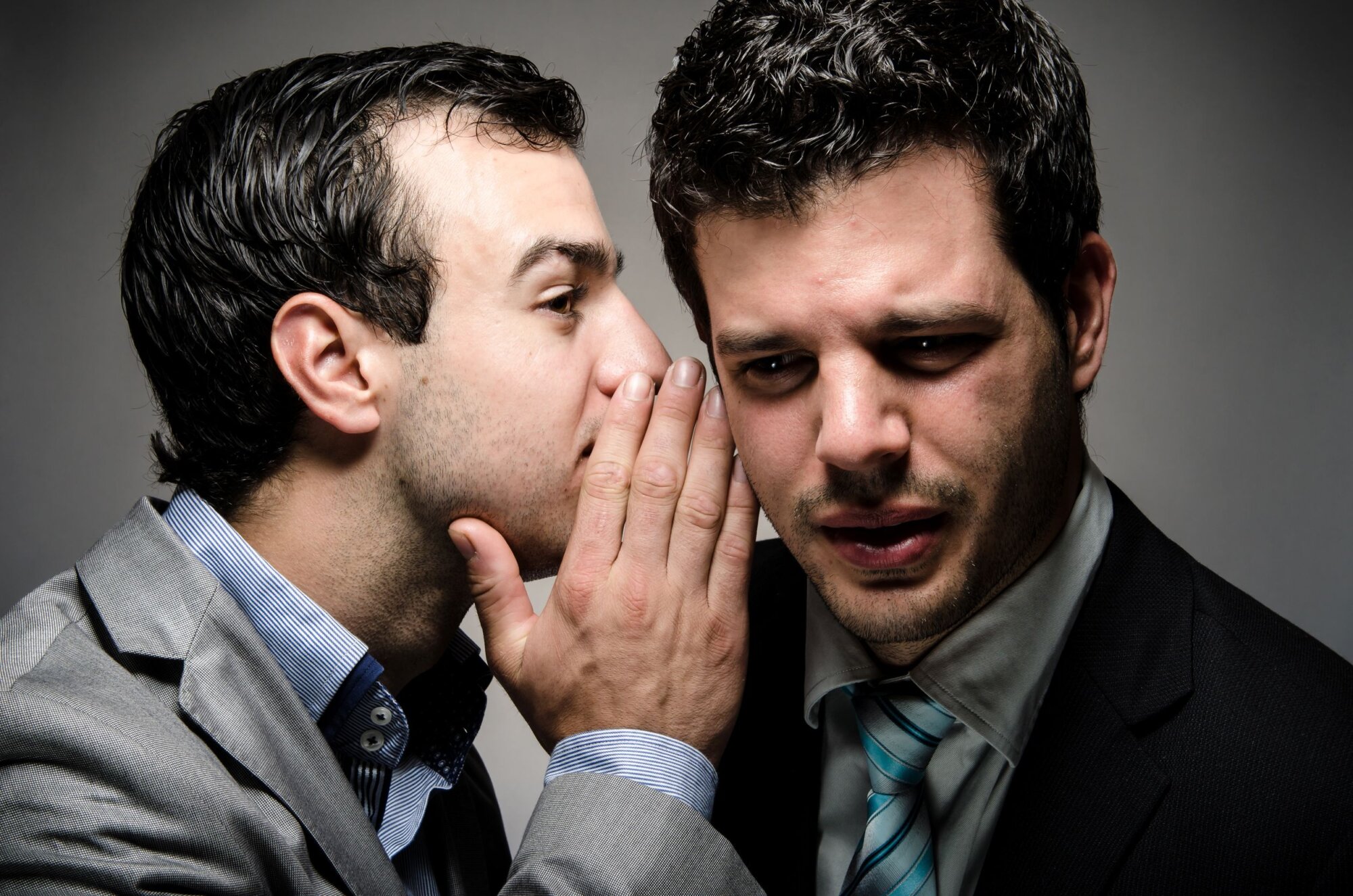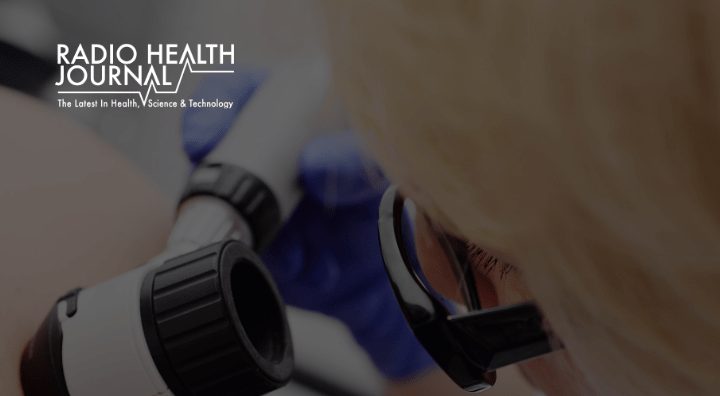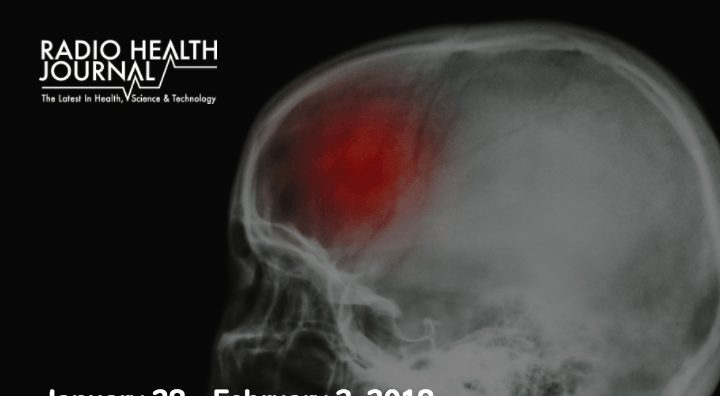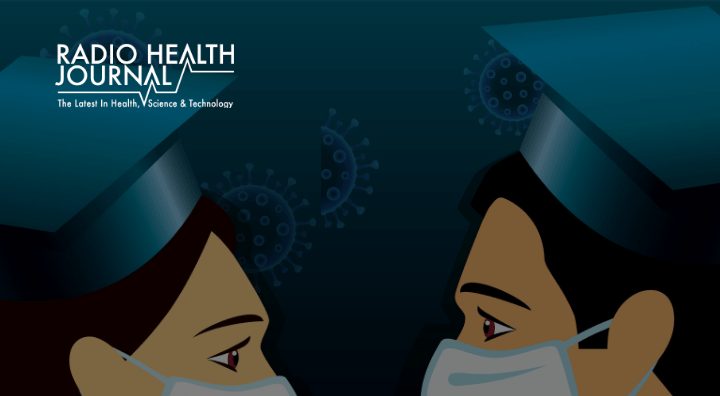Research shows that friends are the most powerful people in our lives, influencing our behavior, attitudes and health even more than our parents or spouses. An expert discusses the many ways friends determine our destinies. Host: Nancy Benson.
Guest Information:
- Carlin Flora, author, Friendfluence: The Surprising Ways Friends Make Us Who We Are
Links for more info:
16-16 The Powerful Influence of Friends
Nancy Benson: As the saying goes, friends are the family you choose for yourself. Just be sure to choose wisely, because science shows that our friends shape us in surprising ways.
Flora: I think we’re well aware that our friends give us concrete support and advice and laughter and love, but we may not realize how much they’re actually affecting our health and our values and even things like our success in life.
Benson: That’s Carlin Flora, author of “Friendfluence: The surprising ways friends make us who we are.”
Flora: One researcher found that not having enough friends or having a weak social circle is basically the health equivalent of smoking 15 cigarettes a day. So that’s something that people really find surprising because, you know, if you compare it to all the public health campaigns we’ve had against smoking, there’s no equivalent of really encouraging friendship and social relationships in a way that would convince people that these are life-saving ties.
Benson: There are instances where having friends can have negative consequences – if they’re the wrong friends. Flora says even adults are susceptible to peer pressure.
Flora: We really are built to fit into a group, so we just adapt the norms of our group over time without really realizing it. If I’m hanging out with a group of friends who goes to eat fast food every week, I’m just going to begin to think that’s normal. And if they’re all beginning to gain a little weight and I gain weight, I’m also going to think that’s normal because I look around and I say, “Oh, I’m basically like everyone else, I’m fine.” And over time, all of this is normalized. And then conversely, if you start hanging around people who don’t have fast food except for on special occasions and likes to cook fresh vegetables and salads, then that suddenly over time becomes the new norm, it becomes what people do.
Benson: So friendship is a powerful thing. But what is it that makes some people just “click” immediately? Flora says it’s quite simple: birds of a feather flock together. But there are also benefits to building friendships with people who are different from you.
Flora: We’re very much driven to seek people who are like us. We like people who seem to share our basic beliefs and values simply because of the comfort level. We feel like we can say what we want to say and they’re going to understand us and not judge us. You might think that you’re sort of different from all your friends but if you kind of back up a little, you’ll see that friend groups are very similar in the superficial ways of being similar in age, race, educational level, and political orientation. But if you go deeper and you do make friends who are different from you, people report that these friendships can be even more satisfying.
Benson: In fact, in today’s generation, Flora says friends have an even greater influence than family. Researchers argue that our peers trump our parents, even considering the genes they pass along to us. Even our spouses don’t play as big a role as we might think.
Flora: We’re just biased in our culture to kind of emphasize marriage at the expense of friends and when you’re married, this sounds obvious, but it’s only to one person and that person therefore only brings out a few sides of you, whereas your friends are spread across in a way where they can speak to different parts of your personality. And you also have friends for much longer than you have a spouse, especially nowadays because people are delaying their marriage or foregoing it all together. So friends are occupying roles that used to be occupied by family.
Benson: Times have indeed changed. Today, 100 million Americans aren’t married. That’s almost half of the adult population. And about half of all singles say they aren’t ever looking to get married, according to a 2006 Pew research study. Public perceptions have also shifted. For example, opposite-gender friendships used to be a social taboo, but Flora says that’s changing. Men and women have more opportunities to develop friendships with each other now – in school and at work – than they did a few generations ago.
Flora: We see that younger people are much, much more likely to report having a best friend of the opposite sex than older people and I think this is a really great change in friendship because having a friend of the opposite sex really helps us understand the other gender and it can help us with our romantic relationship.
Benson: Technology has also changed friendship dynamics, in both good and bad ways.
Flora: I think of it as a time trade-off is the biggest danger. If you’re spending hours on social media that you could be spending with an actual friend then you’re missing out on all these many benefits that we’ve been talking about. But on the flip-side, it really does enable you to keep up friendships with people who don’t live nearby and that’s a wonderful thing. And also for people who have specific lifestyles or interests or circumstances that make it hard to connect with people right in their area, they can find like-minded souls across the world and really connect with them and I think the standard thing people say is that face-to-face is the best and that’s usually true, but there is some evidence that people are more likely to disclose intimacies online than they are in person. So it’s not always true that friendships get closer only when they’re connected in person, sometimes a combination is best.
Benson: And as for the notion that technology is destroying people’s ability to socialize in person? Flora says that’s a myth.
Flora: People who are really active online also tend to be more involved with their community and socialize more in the real world. Even teenagers or young people who are constantly online with their friends, they still crave that in person socializations. So I think it’s a little bit that there’s always a fear anytime new technology comes out. You know, there are really funny, old sociological writings on the bicycle and how it was going to lead to women running away and the telephone, how that was going to destroy relationships. So, you know, I think we’re always fearful of how new technology is going to change but I think human nature usually prevails.
Benson: People who are naturally timid or struggle with social skills can find it especially difficult to make friends. But Flora says everyone can develop the skills for making friends and avoid the debilitating health effects that come with loneliness.
Flora: It’s so important to first of all, just accept that it’s a problem if you are finding yourself without friends. And then from there, it’s tricky. There’s no one formula but one person in my book mentioned that she took acting classes and that this really helped her be spontaneous in situations and listen better and sort of understand how she was presenting herself, so that’s one suggestion. Of course, reading books about friendship and making a good impression and how to sustain conversation and then I think just walking around with a friendly attitude I think especially if you live in more of an urban area, you might kind of go about your business with your head down and you’re friendly when you see someone you know, but you’re otherwise kind of in your own world. And I think the first step to making friends is to have an open attitude as you’re walking about and then you’ll sort of carry over that to moments where you could be meeting someone who really has the potential to be a friend.
Benson: The most important thing, Flora says, is to be a good friend, because friendship gives us the opportunity to reach out to others and feel needed. In the words of author Douglas Pagels, “a friend is one of the nicest things you can have, and one of the best things you can be.”
Carlin Flora invites you to find out more about her book “Friendfluence” on her website, CarlinFlora.com.
Our production director is Sean Waldron. I’m Nancy Benson.
Sign up to receive email updates
Enter your name and email address below and I’ll send you periodic updates about the podcast.











Leave a Reply